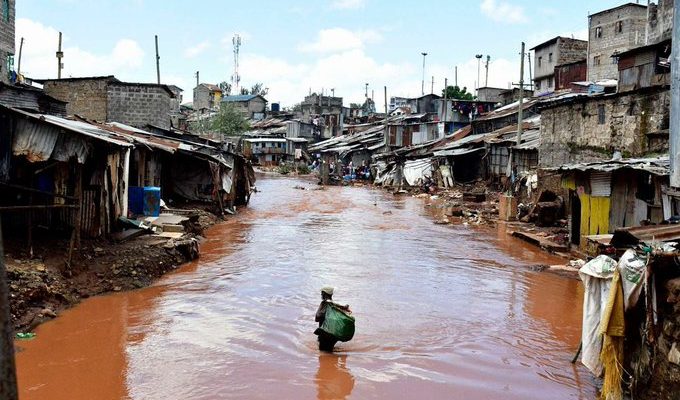By Marline Atieno
With heavy rainfall and floods becoming increasingly common occurrences, authorities are focusing on enhancing public health preparedness to mitigate the associated risks.
The impact of heavy rainfall and flooding extends beyond infrastructure damage, often leading to a surge in waterborne diseases, vector-borne illnesses and injuries.
Recognizing these threats, public health officials are implementing proactive measures to protect communities.
One key aspect of preparedness is strengthening surveillance systems to monitor disease outbreaks and identify health risks early on.
By closely monitoring water quality and disease trends, authorities can promptly respond to emerging threats and allocate resources effectively.
Community awareness is another crucial component of public health preparedness.
Educating the public about the health risks associated with flooding and promoting preventive measures can empower individuals to take proactive steps to protect themselves and their families.
This includes boiling water for drinking, using insect repellents to prevent mosquito-borne diseases, and seeking medical attention for any injuries or symptoms of illness.
Utilizing multidisciplinary approaches and a comprehensive government strategy is vital for efficient waste management.
Assistance should be extended to vulnerable groups and those affected by this issue.
Access to clean water and sanitation facilities is essential during times of heavy rainfall and floods.
Ensuring that communities have access to safe drinking water and proper sanitation infrastructure can help prevent the spread of waterborne diseases and maintain public health standards.
These efforts underscore the importance of collaboration between government agencies, healthcare providers and communities in safeguarding public health during extreme weather events.
For further information and updates on public health preparedness measures, citizens are encouraged to consult local health authorities and government agencies.

